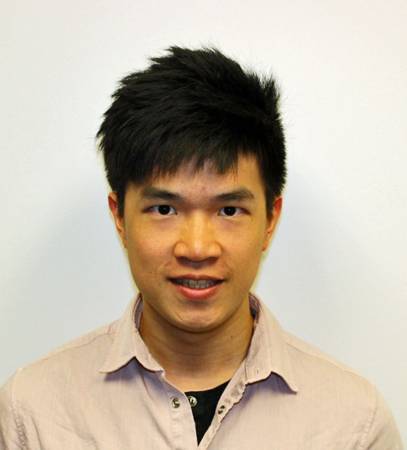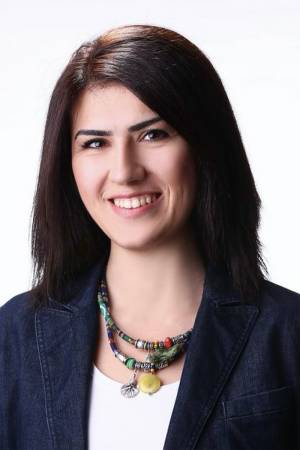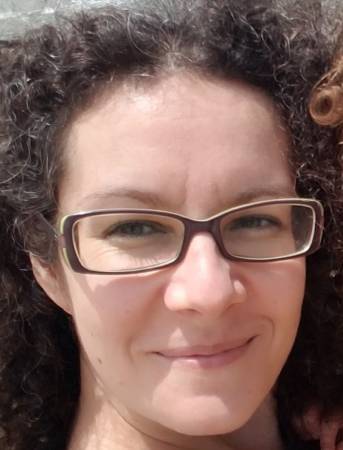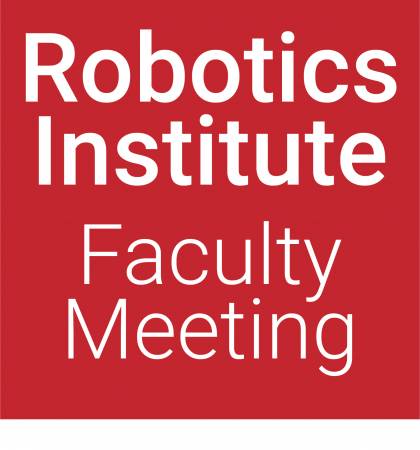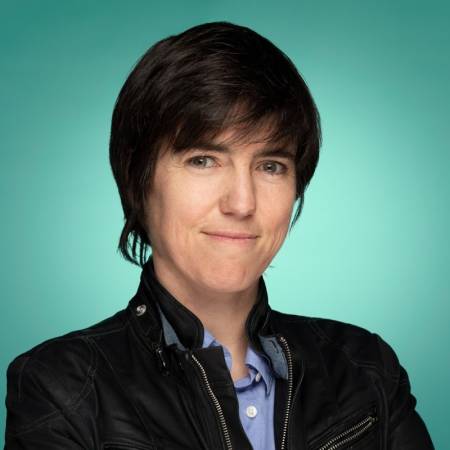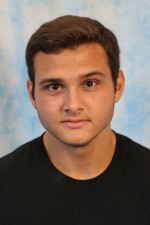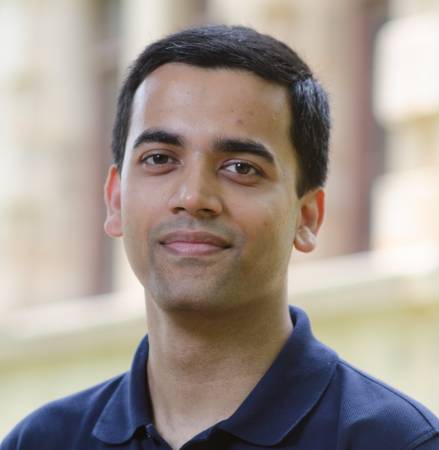Reconstructing 3D Human Avatars from Monocular Images
Abstract: Statistical 3D human body models have helped us to better understand human shape and motion and already enabled exciting new applications. However, if we want to learn detailed, personalized, and clothed models of human shape, motion, and dynamics, we require new approaches that learn from ubiquitous data such as plain RGB-images and video. I [...]
Carnegie Mellon University
Learning Dense 3D Object Reconstruction without Geometric Supervision
Abstract: Geometric alignment across visual data has been the fundamental issue for effective and efficient computer vision algorithms. The established pixel correspondences between images indirectly infer the underlying 3D geometry, physically or semantically. While this builds the foundation of classical multi-view 3D reconstruction algorithms such as Structure from Motion (SfM) and Simultaneous Localization and Mapping [...]
Extreme Motions in Biological and Engineered Systems
Abstract: Dr. Temel’s work mainly focuses on understanding the dynamics and energetics of extreme motions in small-scale natural and synthetic systems. Small-scale biological systems achieve extraordinary accelerations, speeds, and forces that can be repeated with minimal costs throughout the life of the organism. Zeynep uses analytical and computational models as well as physical prototypes to learn about these systems, test [...]
Reasoning about complex media from weak multi-modal supervision
Abstract: In a world of abundant information targeting multiple senses, and increasingly powerful media, we need new mechanisms to model content. Techniques for representing individual channels, such as visual data or textual data, have greatly improved, and some techniques exist to model the relationship between channels that are “mirror images” of each other and contain [...]
Spring 2020 RI Reappointment & Promotion Preview Meeting – For RI Voting Faculty Only
Vision Tool Seminar: Hydra
Abstract: Hydra is an open-source Python framework developed at FAIR that aims to reduce the amount of boilerplate code in research and other complex applications. The key feature is the ability to dynamically create a hierarchical configuration by composition and override it through config files and the command line. The name Hydra comes from its [...]
CANCELLED
Building Trust in Real World Applications of Vision Based Machine Learning
Abstract: In all machine learning problems, there is an explicit trade off between cost and benefit. In real world vision problems, this optimization becomes increasingly difficult since those trade offs directly impact technology and product development as well as business strategy. For any successful business case, it is critical that the cost/benefit trade offs in [...]
Tendon Driven Foam Hands
Abstract: There has been great progress in soft robot design, manufacture, and control in recent years, and soft robots are a tool of choice for safe and robust handling of objects in conditions of uncertainty. Still, dexterous in-hand manipulation using soft robots remains a challenge. This talk introduces a novel class of soft robots in [...]
Knowledge Infused Deep Learning
Abstract: This talk is motivated by the following thesis: Background knowledge is key to intelligent decision making. While deep learning methods have made significant strides over the last few years, they often lack the context in which they operate. Knowledge Graphs (and more generally multi-relational graphs) provide a flexible framework to capture and represent knowledge [...]

